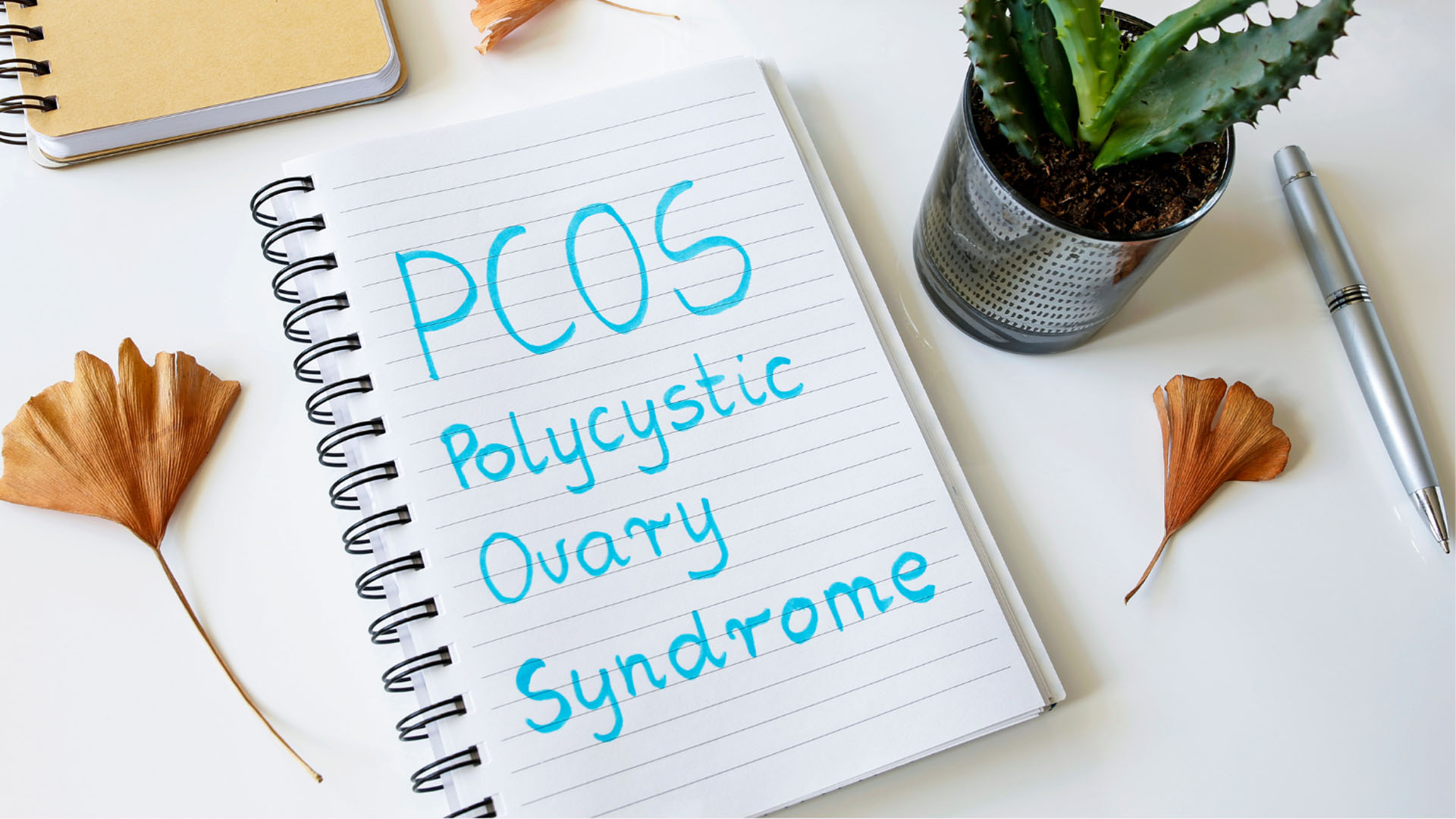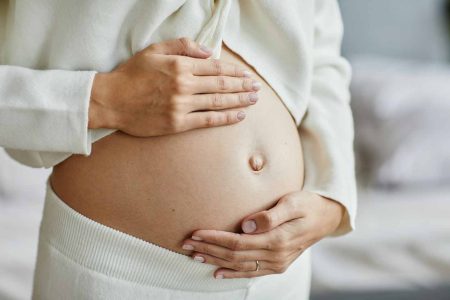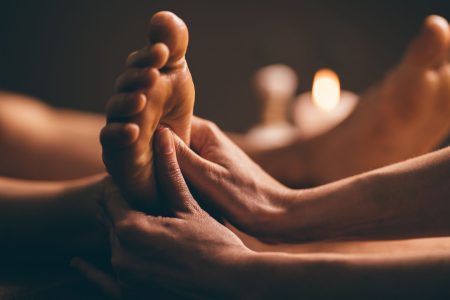
Acupuncture for PCOS in Henley
What is PCOS?
Polycystic Ovarian Syndrome (PCOS) is affecting 1 in 10 women, women have multiple ovarian cysts/follicles.
Symptoms of PCOS:
- Acne
- Alopecia – hair loss
- Irregular periods
- Lack of ovulation
- Dysmenorrhea
- Excess body hair growth- Hirsutism
- Decreased SHBG levels
- Insulin resistance
- Higher levels of LH
- Higher levels of testosterone
- Obesity
Diagnosis for PCOS:
As PCOS is a group of symptoms there is no one definitive test for it so is not enough to get an ultrasound. There are diagnostic criteria, PCOS Society says that women should meet all three criteria:
1. ovarian dysfunction (irregular periods) and or polycystic ovaries on ultrasound.
2. clinical and or biochemical hyperandrogenism such as Hirsutism, test with blood test and exclusion of any other conditions that may cause Hyperandrogenism
3. Rotterdam Criteria are slightly broader and under those you could be diagnosed with PCOS when having irregular periods, polycystic ovaries but no androgen excess but I do not think this is correct way to diagnose women.
You could have irregular periods for other reasons and ultrasound could show Polycystic ovaries, which can happen occasionally as every month ovaries will look different on ultrasound, but it does not explain why you did not ovulate that month nor does it predict when you will ovulate.
High androgens can be defined by physical signs and blood test, which is testosterone test that includes total testosterone, androstenedione, DHEAS. Test should also include SHBG, which is a blood protein that binds to testosterone and Estrogen. SHBG is low with PCOS
Physical signs of high androgen:
- Facial or body hair that is long and dark usually on chin, cheeks, belly and around nipples.
- Acne, hormonal acne as an adult on your chin not as a teenager though.
- Hair loss and Hair thinning called androgenic alopecia.
Types of PCOS:
Did You know that there are few different types of PCOS?
- Inulin-resistant PCOS
- Post-Pill PCOS
- Inflammatory PCOS
- Adrenal PCOS
When you have insulin resistant PCOS you will have normal blood sugar but too much Insulin, which will influence weight gain, heart disease, osteoporosis and may potentially influence diabetes in the future. If you have too much insulin that will cause issues with ovulation and your ovaries will make testosterone instead of oestrogen. If women has too much insulin that will also influence pituitary to make more Luteinizing hormone and that will stimulate even more androgens.
Post-Pill PCOS affect women after taking the pill for 2 reasons, pill will make insulin resistance even worse, pill will obviously stop you from ovulating for some everything will go back to normal after stopping the pill but for others, ovulation and regular periods may take month even years hence PCOS diagnosis.
You will qualify for Inflammatory PCOS diagnosis if you suffer from irregular periods, elevated androgens, you do not have insulin resistance but you have inflammation symptoms like:
- IBS
- Headaches
- Joint Pain
- Unexplained fatigue
- Skin conditions like eczema, psoriasis
When you have Adrenal PCOS:
- You do not have insulin resistance
- You were not affected by coming off the pill
- You will meet all the criteria for PCOS
- You will not have any signs or symptoms of Inflammation
You have elevated adrenal androgens DHEAS not testosterone nor androstenedione.
Western treatment:
Women with PCOS are usually offered laparoscopic ovarian drilling, also are advised to loose weight, take metformin if women are not trying for a baby the pill is given to reduce LH levels.
Can you use acupuncture for PCOS?
Research has shown that acupuncture can help regulate insulin levels, testosterone levels. It regulates menstrual cycle, reduces LH levels, which improves PCOS. Regulates ovulation.
For any more questions regarding how acupuncture can help you with PCOS and fertility, please do not hesitate to contact me.
I am based in Henley, near Reading, Caversham, Wokingham, Maidenhead, Twyford, Woodley, Newbury, Wallingford, Marlow, Born End, Hurst, Tilehurst, Lower Earley, Shenfield, Theale, Pangbourne.







